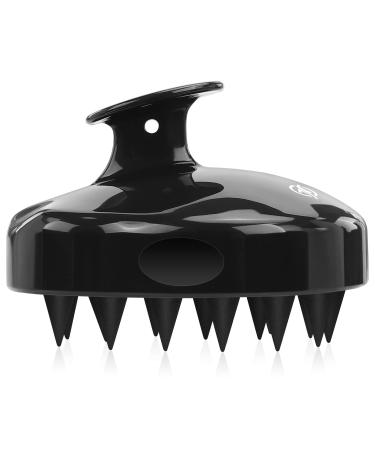Thomas' raw Greek pine honey is a unique type amongst the tree varieties, and is regarded as one of the best honey varieties available. It has a strong, sweetly pine aroma with waxy, spiced overtones, similar to cloves or other warm, winter spices. The flavour starts with a strong sweetness, which comes on very quickly with dark, dry fruit and prominent cooked fig flavour, finishing into a sweetness that lingers at the back of the throat. It would pair particularly well with white, creamy cheeses or a rich vanilla ice cream. Colour: This particular honey is dark brown when runny, turning a lovely, creamy yellow when crystallised. Where does the honey come from?: This variety of Greek pine honey comes from Papades, located on the island of Evia. This is a remote place renowned for its pine trees, natural beauty and preserved wilderness. Who produces this honey?: This pine variety comes from the family of Thomas, who is planning to take over the family's hives, located in secluded forest glades. Thomas, who works with his family to tend bees and produce raw honey in the mountains of southern central Greece, has great enthusiasm for raw honey and natural hive products. What about the tree the honey comes from?: The pine tree is part of the conifer family, a resinous evergreen that can grow up to 80 metres in height. They generally live between 100 and 1000 years, sometimes even longer, the oldest one to date was found to be 4900 years old! Common Uses: Pine honey is particularly good to use in Greek yoghurts, breads and ice cream, but perhaps best is to simply enjoy this delicious prized honey on its own. Greek pine honey facts: Honey from pine trees has unique attributes - the bees love to feed on the liquid the aphids leave after they burrow into the bark and pine cones drinking the sweet tree sap. Please know that raw honey does crystalilse and this is a natural process that occurs mainly due to the natural glucose in raw honey. INGREDIENTS HoneyRaw honey naturally crystallises over time. If yours has crystallised and you prefer it runny, place on a radiator and drape a tea towel over it. Leave it overnight (longer if necessary). The heat will not damage the honey, the important thing is that you don't heat the honey beyond 40 degrees (the hive can get this hot in Summer). If the radiators are very hot then put something like a thin book under the jars and then drape a tea towel over them. It can take up to two days to fully liquify. Pine honey can reduce symptoms of coughs and sore throats,. Strong, sweetly pine aroma with waxy, spiced overtones, similar to cloves or other warm, winter spices. From Papades, on the island of Evia. This is a remote place renowned for its pine trees, natural beauty and preserved wilderness. Raw, all natural,Coarse-filtered, unpasteurised, and enzyme-rich.





![Stewart Freeze Dried Dog Treats Made in USA [Single Ingredient Puppy and Dog Training Treats - Grain Free Natural Dog Treats] Resealable Tub to Preserve Freshness](https://www.gosupps.com/media/catalog/product/cache/25/small_image/375x450/9df78eab33525d08d6e5fb8d27136e95/6/1/61gwbbixarl._ac_sl1500_.jpg)







